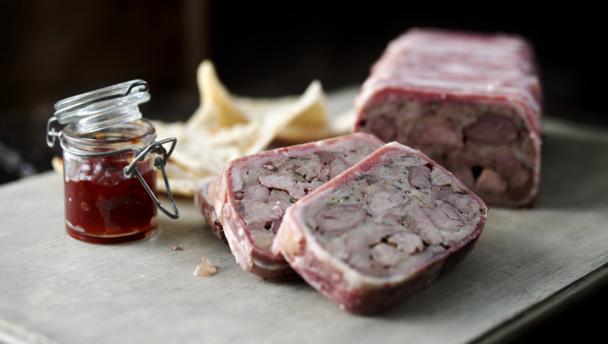

By Hugh Fearnley-Whittingstall
Hares have darker, richer and more flavoursome meat than rabbits. For roasting, they're best eaten young (a 'leveret' is a hare under one year old). After this they need slow-cooking (and the legs generally suit slow-cooking even in a young hare).
Not the easiest animal to come by, hares should be ordered in advance from game dealers or butchers. If your butcher joints the hare for you, ask for the blood to be saved and use it to enrichen the stew or sauce or as an essential ingredient in the old English favourite, jugged hare. Available fresh or frozen, fresh hares will have more flavour than frozen ones and so is better if you’re planning a roast. Hares are at their peak from October to January although the season runs from 1 August to 29 February.
Hare are rather bloody to prepare, so if you're squeamish buy hares ready-jointed (although the blood is a worthwhile addition to many dishes).
Article by Louisa Carter
Type the ingredients you want to use, then click Go. For better results you can use quotation marks around phrases (e.g. "chicken breast"). Alternatively you can search by chef, programme, cuisine, diet, or dish (e.g. Lasagne).